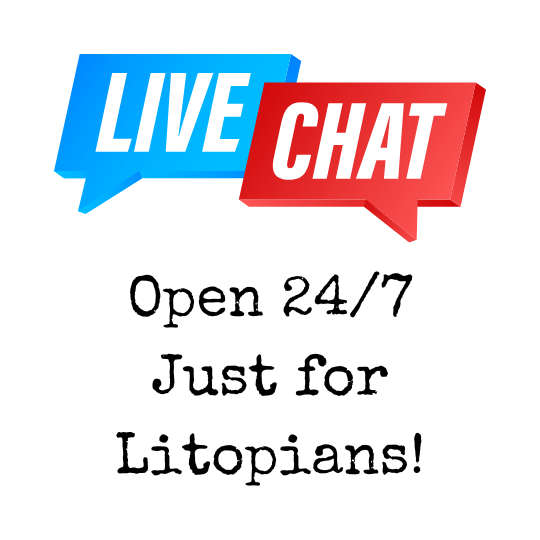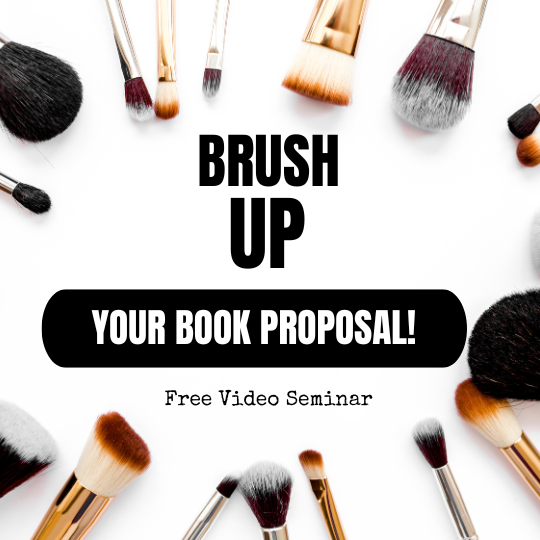Paul Whybrow
Full Member
The founder of Smashwords, Mark Coker, wrote about the problems facing those writers who choose to self-publish. It's worth a look, as he has wise things to say about the writing process, as well as referring specifically to e-publishing.
http://www.huffingtonpost.com/mark-...-gets-more-difficult-from-here_b_6200508.html
His advice on taking the long view of your career is worth remembering :
You're running a marathon, not a sprint. Most bestsellers slogged away in obscurity for years before they broke out. Every bestselling author you admire faced moments where it seemed more sensible to quit than to power on. They powered on.
Some of you may remember reading how I made all of my previously published books free on Smashwords in the run up to Christmas, 2014, using this giveaway as a promotional tool for the launch of my first novel as an ebook prior to the festivities. I changed my mind about self-publishing The Perfect Murderer, but I let the free promotion continue, curious about how many downloads I'd get - and hoping that this might make my name memorable to readers.
So far, there have been about 7,000 downloads, but I don't know whether it's helped my career as a writer by instilling any loyalty in readers. It's certainly proved to me that people like free stuff! This is part of the problem with the internet, as it fosters a culture of getting things for free. With a few clicks of the mouse, we can access information without paying a thing, as well as be entertained while we're doing it. I'm listening to whole albums on YouTube as I type this.
If we do pay for something we expect to get a bargain, whether it's on Amazon, eBay, abebooks or any of the millions of online traders. This has an effect on how much we can get for our books. But there's a conflict between the pile them high and sell them cheap sales tactic, and what is seen as perceived value by pricing. In theory, 1,000 sales at 99c makes more economic sense than a mere 50 sales at the full $7.99 that you think your novel is worth, though it could have an impact on how you're viewed as a writer. Some things that are priced very cheaply or given away for free are thought of as being of poor quality, meaning that customers pass them by.
I've seen it said, that some writers increased sales by putting up the price of their ebooks. Some buyers have the mindset that they want to pay a certain price for something that they're looking for, as if this is a guarantee of it being worth every penny of that. A car that's only $50 won't be as reliable as one that's $5,000, and a book that's only 99c can't be as good as one that's $10, can it?
How do Colonists decide what to charge for their books? Do you look at the opposition, to see what other writers in your genre are asking? Do you do any sort of mental calculations at all, taking into account how long you've devoted to writing your story - or do you adopt a to hell with it, it's there now, let's see what I can get for it approach?
http://www.huffingtonpost.com/mark-...-gets-more-difficult-from-here_b_6200508.html
His advice on taking the long view of your career is worth remembering :
You're running a marathon, not a sprint. Most bestsellers slogged away in obscurity for years before they broke out. Every bestselling author you admire faced moments where it seemed more sensible to quit than to power on. They powered on.
Some of you may remember reading how I made all of my previously published books free on Smashwords in the run up to Christmas, 2014, using this giveaway as a promotional tool for the launch of my first novel as an ebook prior to the festivities. I changed my mind about self-publishing The Perfect Murderer, but I let the free promotion continue, curious about how many downloads I'd get - and hoping that this might make my name memorable to readers.
So far, there have been about 7,000 downloads, but I don't know whether it's helped my career as a writer by instilling any loyalty in readers. It's certainly proved to me that people like free stuff! This is part of the problem with the internet, as it fosters a culture of getting things for free. With a few clicks of the mouse, we can access information without paying a thing, as well as be entertained while we're doing it. I'm listening to whole albums on YouTube as I type this.
If we do pay for something we expect to get a bargain, whether it's on Amazon, eBay, abebooks or any of the millions of online traders. This has an effect on how much we can get for our books. But there's a conflict between the pile them high and sell them cheap sales tactic, and what is seen as perceived value by pricing. In theory, 1,000 sales at 99c makes more economic sense than a mere 50 sales at the full $7.99 that you think your novel is worth, though it could have an impact on how you're viewed as a writer. Some things that are priced very cheaply or given away for free are thought of as being of poor quality, meaning that customers pass them by.
I've seen it said, that some writers increased sales by putting up the price of their ebooks. Some buyers have the mindset that they want to pay a certain price for something that they're looking for, as if this is a guarantee of it being worth every penny of that. A car that's only $50 won't be as reliable as one that's $5,000, and a book that's only 99c can't be as good as one that's $10, can it?
How do Colonists decide what to charge for their books? Do you look at the opposition, to see what other writers in your genre are asking? Do you do any sort of mental calculations at all, taking into account how long you've devoted to writing your story - or do you adopt a to hell with it, it's there now, let's see what I can get for it approach?



